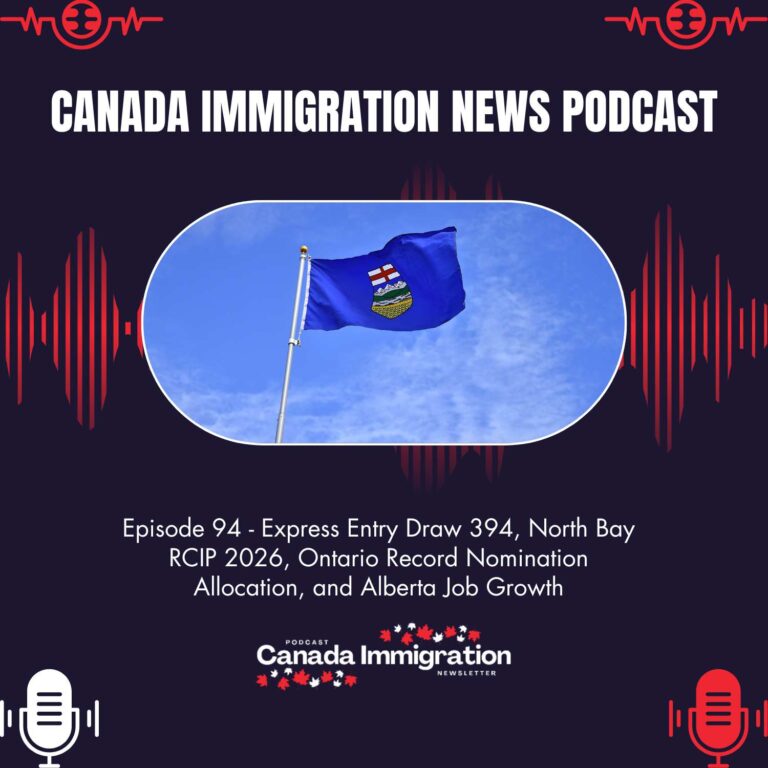Life in Canada
Saskatchewan Files Historic Charges Against Three Moose Jaw Employers

On October 21, 2025, Saskatchewan laid the first-ever charges under provincial immigration protection laws against three Moose Jaw employers. The accused Kartik Kumar Prakash Kumar Patel, Rutvik Hasmukh bhai Patel, and Piyush Kumar Mafatbhai Patel face multiple counts under the Foreign Worker Recruitment and Immigration Services Act (FWRISA). The alleged violations occurred at Guac Mexi Grill between August 2023 and February 2024.
This case is historic for Saskatchewan, as it marks the first prosecution aimed at enforcing protections for foreign workers under provincial legislation. The charges reflect the province’s efforts to maintain ethical labor standards and safeguard immigrant workers from exploitation.
Detailed Overview of the Charges
The three Moose Jaw employers are accused of violating FWRISA in three main areas:
Retaliation Against Foreign Workers
- Allegedly taking action or threatening workers who cooperated with government investigations or reported workplace violations.
- This is prohibited under section 22(f) of FWRISA.
Exploiting Worker Vulnerabilities
- Taking unfair advantage of foreign workers’ lack of experience or knowledge regarding their rights.
- Covered under section 22(g), this ensures workers are not manipulated or coerced.
Illegal Employment Fees
- Charging workers fees or expenses related to employment is strictly forbidden under section 23(5).
Their court appearance is scheduled for November 25, 2025, at Moose Jaw Provincial Court. The case will serve as a precedent for future enforcement actions under the province’s immigration laws.
Significance for Workers and Employers
This prosecution demonstrates Saskatchewan’s commitment to protecting immigrant workers. The province has modernized its framework with the Immigration Services Act (ISA), effective July 1, 2024, which replaced FWRISA. While these charges fall under FWRISA due to timing, the ISA now provides the most comprehensive protections in Canada, including the highest fines for violations.
Implications for Workers
- Protection from retaliation when reporting violations.
- Right to a safe, fair workplace free from exploitation.
- Access to confidential support from the Program Compliance Branch.
Implications for employers:
- Strict accountability for ethical practices in the recruitment and employment of foreign workers.
- Risk of criminal charges or fines for non-compliance.
- Encouragement to implement transparent hiring and labor practices.
Role of the Program Compliance Branch
The Program Compliance Branch of the Ministry of Immigration and Career Training ensures that foreign workers are protected and that employers follow legal obligations. Workers can report concerns confidentially by contacting the branch at pcb@gov.sk.ca or calling 306-798-1350.
The branch investigates complaints and provides guidance to prevent violations. Importantly, all reports are treated confidentially, allowing workers to come forward without fear of retaliation. This ensures that Saskatchewan maintains high standards for program integrity.
Why This Case Matters
This case is a critical moment in Canadian immigration enforcement. It signals that provinces are willing to take decisive action to protect foreign workers and enforce ethical recruitment practices. By prosecuting these employers, Saskatchewan is setting a benchmark for transparency and accountability in immigration programs.
The case also raises awareness among employers about the legal obligations involved in hiring foreign workers. Clear guidelines, mandatory compliance, and the risk of penalties now define Saskatchewan’s approach to immigration enforcement.
Future Outlook
With the ISA now in place, Saskatchewan is likely to increase monitoring and enforcement to prevent exploitation of immigrant workers. Employers will need to adapt to stricter regulations, including higher fines and more comprehensive reporting requirements.
For foreign workers, these measures provide assurance that they will have access to fair treatment, legal protections, and support from the Program Compliance Branch if issues arise. The Saskatchewan laid first-ever charges under provincial immigration protection laws against three Moose Jaw employers case highlights the province’s determination to uphold ethical practices, protect vulnerable workers, and ensure the integrity of its immigration system. By enforcing these laws, Saskatchewan is demonstrating leadership in protecting immigrant labor rights in Canada.























